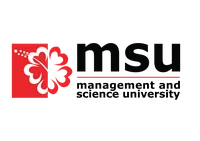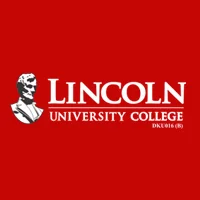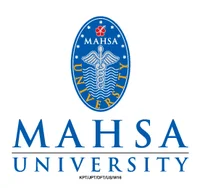Football, baseball, tennis, hockey, basketball, volleyball—just a few of the world’s most famous sports. Surely you have heard a lot about the famous athletes as well. Do the names Cristiano Ronaldo, Lionel Messi, LeBron James, Roger Federer, Tiger Woods, and Maria Sharapova ring a bell? These athletes are among the top 20 most famous athletes of 2016. How amazing would it be for you to work with them? You could be their coach, their manager, physiologist or their therapist! And the possibility that you could get one of these jobs is very high, since the future of Sports Science is very promising.
What is Sports Science?
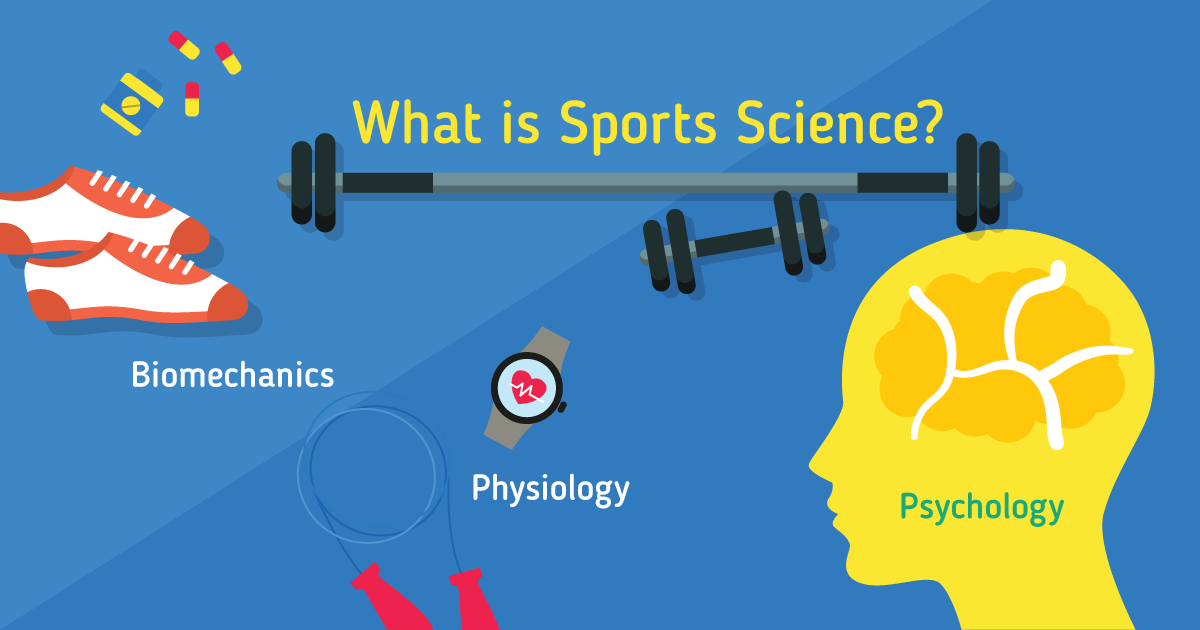
Sports Science is not completely about doing exercise and running around on a field. It is the study of the human body—the physical activity, the research of the impact on muscles when doing exercises, and more.
With Sports Science you will get a combination of one of the following subjects:
Biomechanics
Finding out about the human movement during the use of mechanical concepts. You will be able to describe and analyse the principles of angular kinematics (when the body is not situated in the same linear displacement).
Physiology
Understanding of the response of the body during exercise and training. You will be able to do a lot of things with this particular subject such as experimenting, explaining, interpreting, and examining data and findings.
Psychology
Psychology in sports means the human behaviour during training and exercising and how this is relatable to their health.
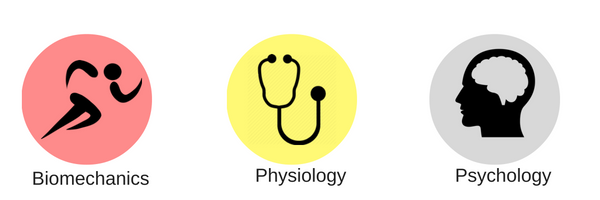
Why Should you Study This Degree?
First of all, sport and health is a major trend this last few years. People are getting more and more conscious about their health. It is clear now how important physical exercise is for the body and therefore, fitness trainers and physical therapists will be needed.
Secondly, you will have the opportunity to help people. Helping people is not just giving advice about diets and being a personal trainer. You have the ability to help people walk again after a car incident or helping an athlete with a knee injury. With a career in sports medicine, you can change someone’s life completely.
Another reason is the flexibility in working hours. Working in the sports science industry is not a typical 9-to-5 job. You can plan your own working hours, depending on your clients’ needs. Besides, this degree does not include sitting in a classroom all day long. You will be doing some exercise and training in the gym as well. So you get to study what you love while staying fit, who wouldn’t want that?
What Skills do You Need?
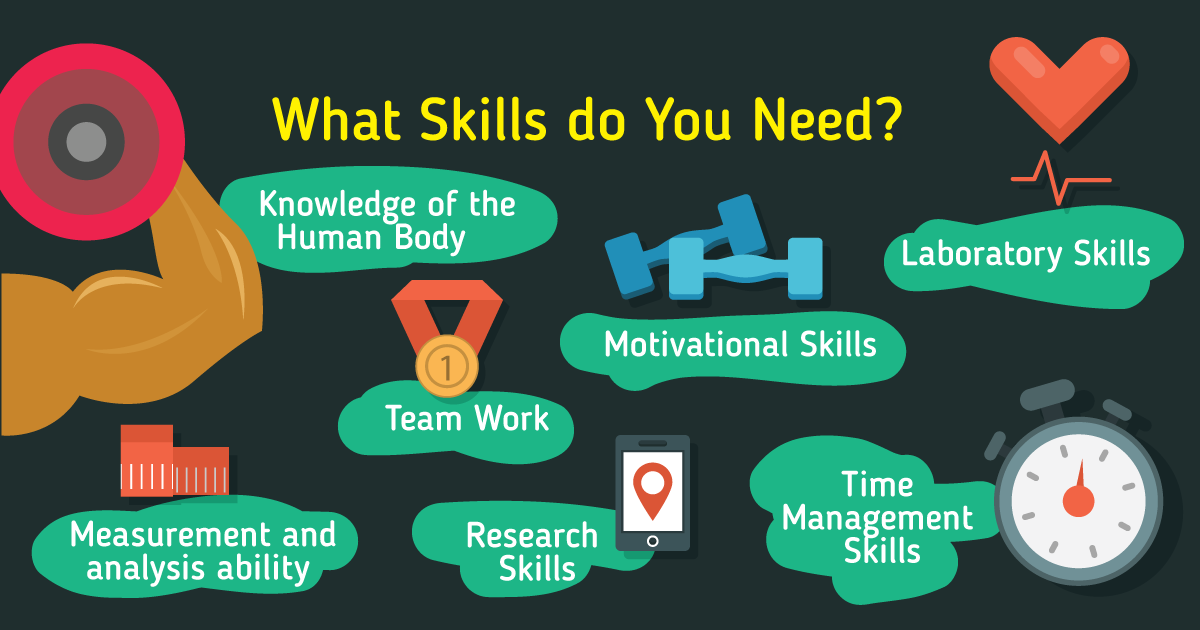
1. Knowledge of the Human Body
This is a major skill if you seek a career in sports science. You have to understand the functions and structures of body parts and organs. How do they work? How come something is not functioning properly? What is the cause of a recurring injury?
2. Measurement and analysis ability
You need to know how to use measuring tools such as rulers, thermometers, scales, and weighing scales so that you will understand the reason someone is losing weight, or getting sick all the time, or even to see how often someone gets hydrated.
3. Laboratory Skills
Laboratory abilities are rather broad. There are a lot of different areas you can base your laboratory skills on, but for Sports Science you need to know how a microscope works and what to use it for, the purpose of a pH meter, understanding of X-Ray equipment, precision balance, and a lot more!
4. Team Work
Team work can eventually lead to good communication skills. Sports are often practiced in teams, and therefore it is important to understand each other and know how to deal with a conflict. How are you supposed to win a game or contest if the teamwork is failing?
5. Research Skills
With research skills you will be able to evaluate data and text related to sports science, to solve problems, and write a lot of research reports.
6. Motivational Skills
With a Sports Science degree, you can also choose to be a coach. An important task of a coach is to keep the team spirit in the game and motivate all his trainees for an outstanding result.
7. Time Management Skills
This skill is important if your workload is extending to a great deal. You need to plan and schedule your time to work on tasks that have priority. There are different ways to plan and schedule your time; make a to-do list, try to multitask, make sure your team is organised, manage interruptions, set personal goals for yourself, and try to motivate yourself.
What are the Job Opportunities?
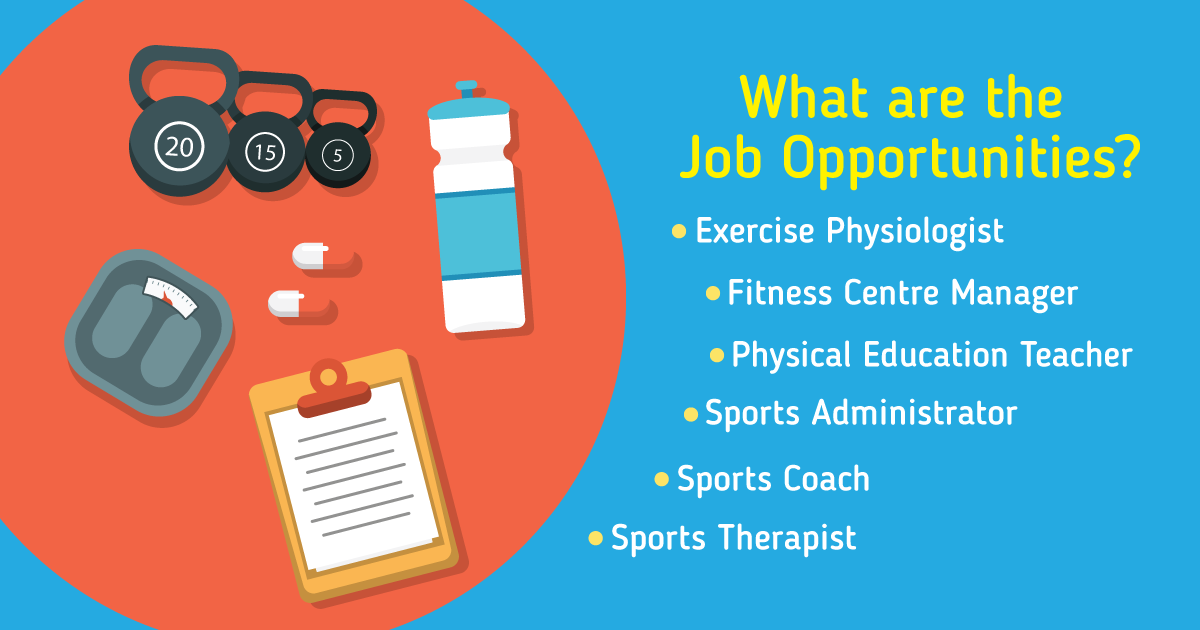
A. Exercise Physiologist
How does the body react to exercise and training? Exercise physiologists develop fitness training programmes, monitor an athlete’s training plan, teach on certain courses, and produce reports. Exercise physiologists can work in a clinical as well as in a sports setting. The difference between the two is that clinical physiologists are more likely to work in a team.
B. Fitness Centre Manager
Fitness Centre Managers usually work in a gym or fitness centre. They make sure the equipment in the facility is safe, handle complaints, keep track of the finances, and deliver fitness training with their customers. Eventually, the customer service is the most important factor of an organisation.
C. Physical Education Teacher
Physical Education Teachers prepare lessons to teach the students. They usually teach children from all ages. Their responsibilities include interaction with students’ parents about their kid’s progress and participation in class.
D. Sports Administrator
Sports Administrators run sport facilities and do a lot of reception work. In bigger sport clubs, they could even do marketing and HR related work. They organise events such as meetings, coaching, trainings, and more.
E. Sports Coach
Sport Coaches, assist and help someone in their training programme, train with them, and help them to achieve the goal they set for themselves. They also be evaluate, give feedback, and encourage the people they train with.
F. Sports Therapist
Sports Therapists help training participants by preventing them from injuries. Should an injury occur anyway, then these therapists will help the participants to recover. Sports Therapists are very good at their job, and they are the ones deciding whether participants need extra treatments.
What is the Expected Salary?
There are a lot of jobs related to Sports Science. Below you will find the expected salary of three job positions in Sports Science.
|
|
Physical Therapist Per year |
Fitness Centre Manager Per year |
Sports Therapist Per year |
|
Entry level |
US$ 64,000 |
US$ 39,000 |
US$ 165,000 |
|
Mid-career |
US$ 72,000 |
US$ 46,000 |
US$ 166,000 |
|
Executive |
US$ 78,000 |
US$ 50,000 |
US$ 162,000 |
(Source: Payscale)
Top 10 Sports Science Schools
According to TopEndSports these are the top 10 Sports Science educational institutions in the world:
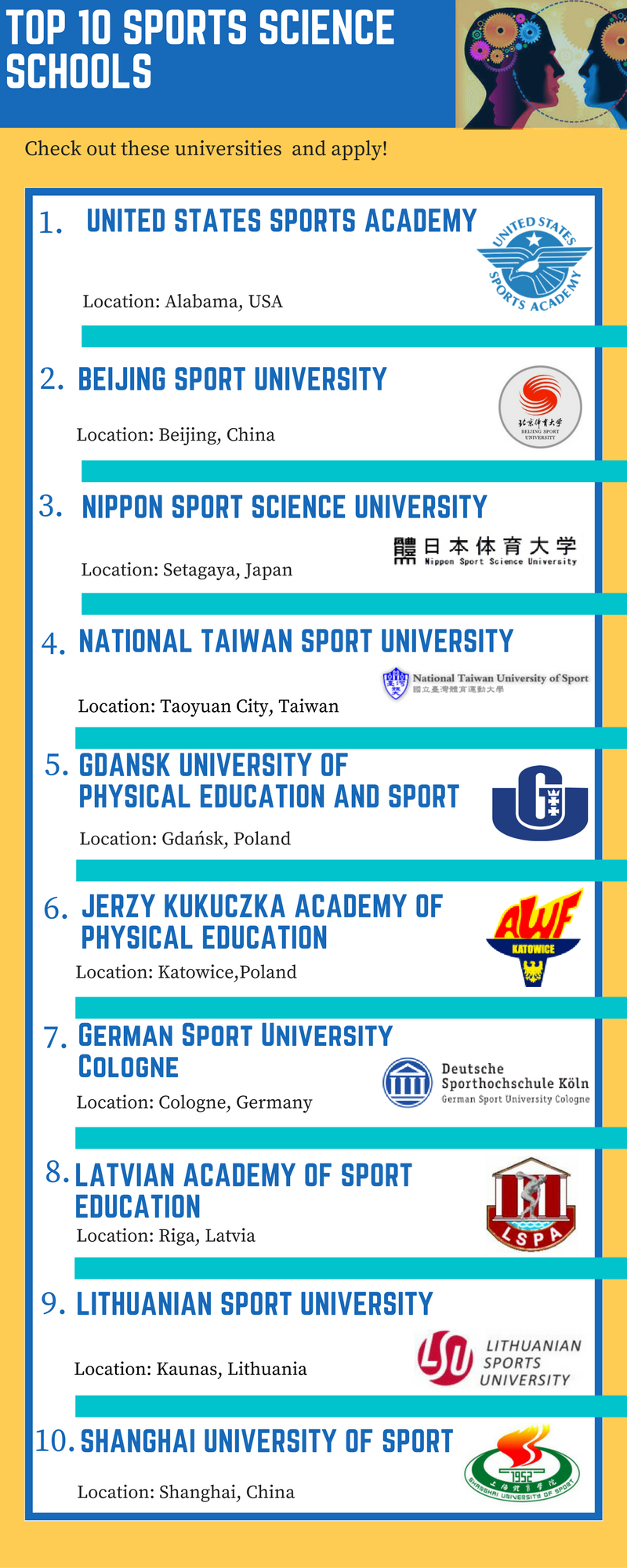
 +60173309581
+60173309581







